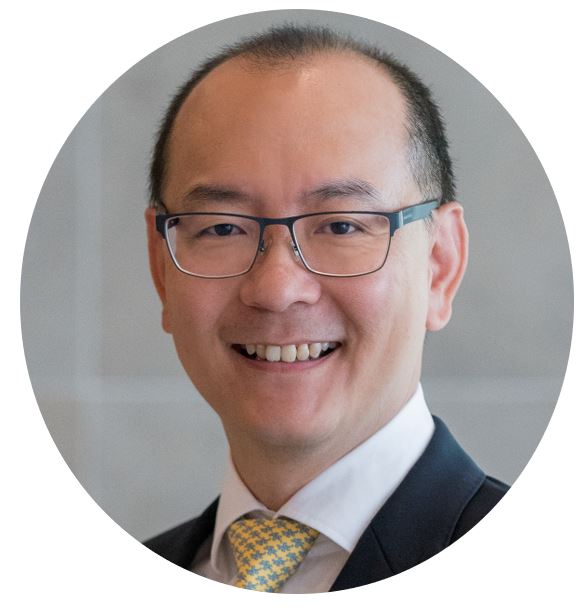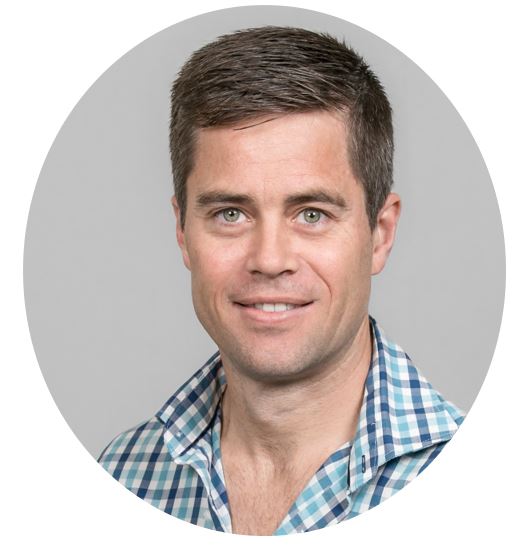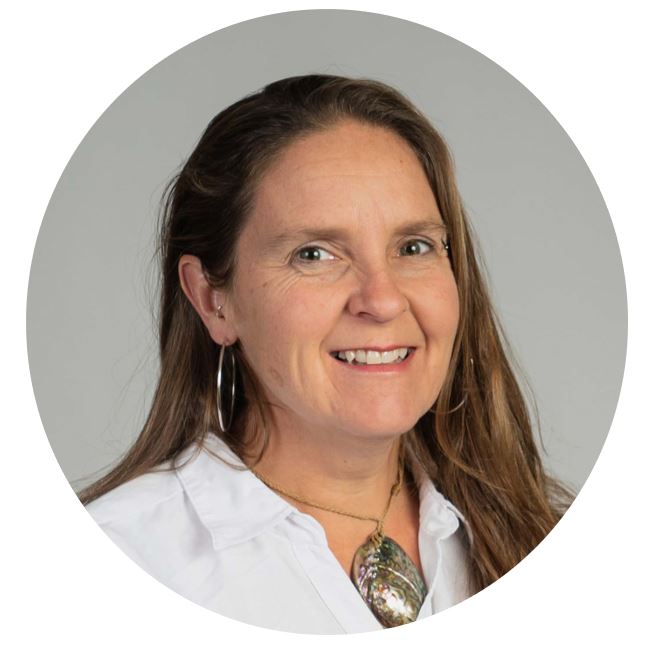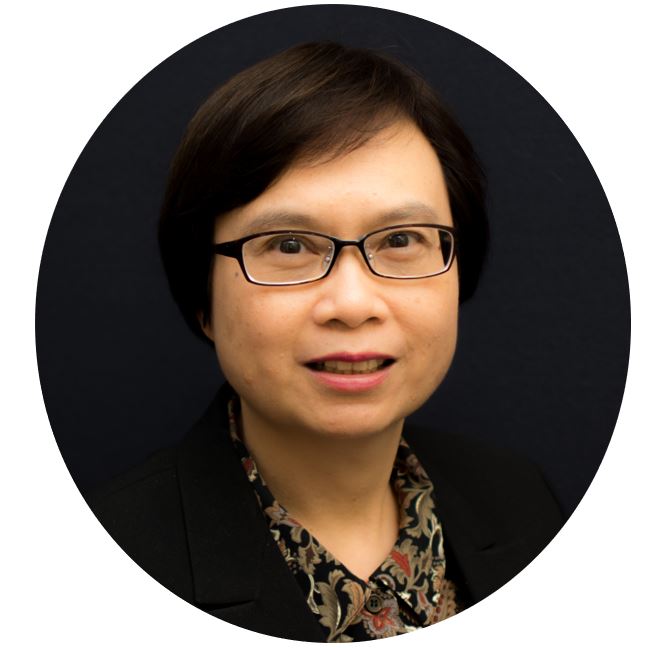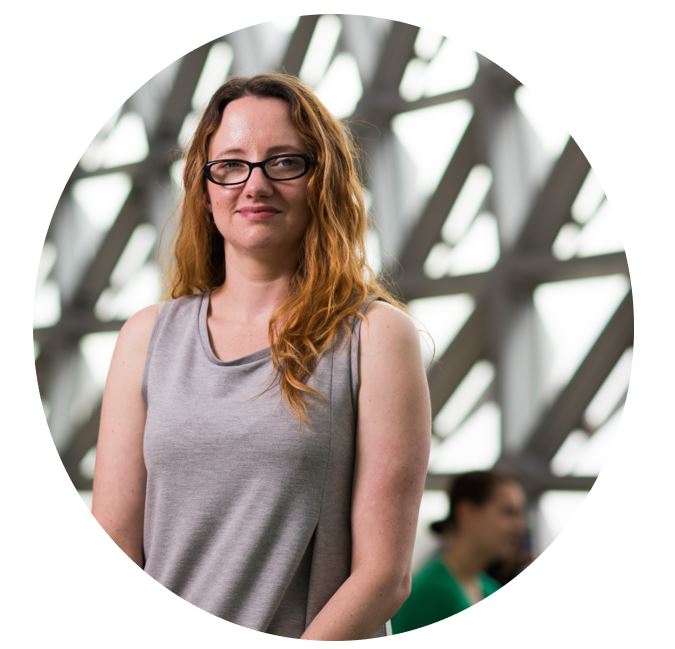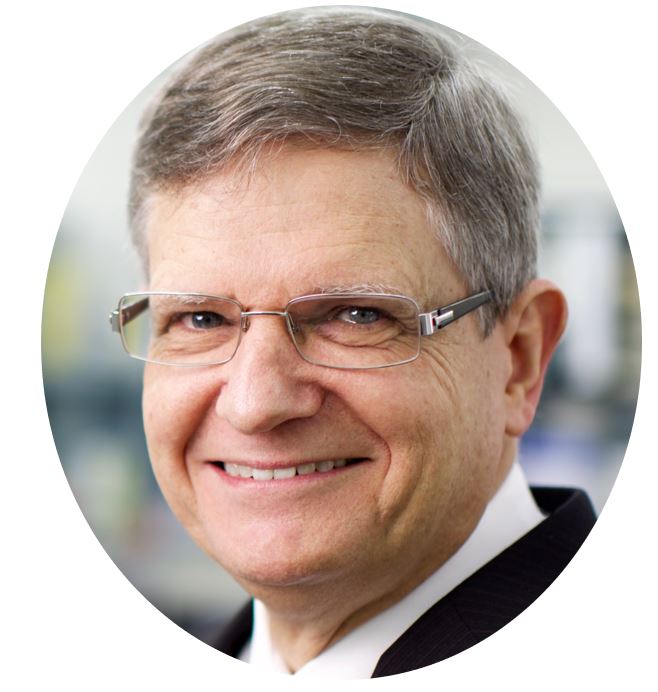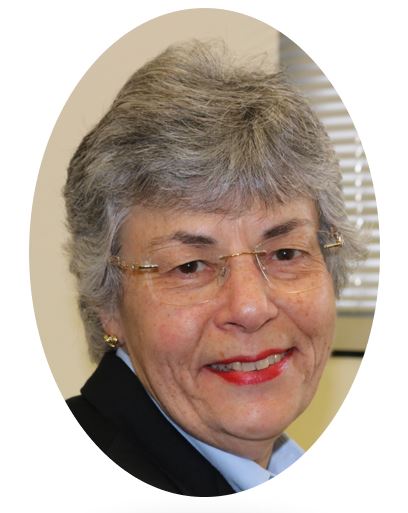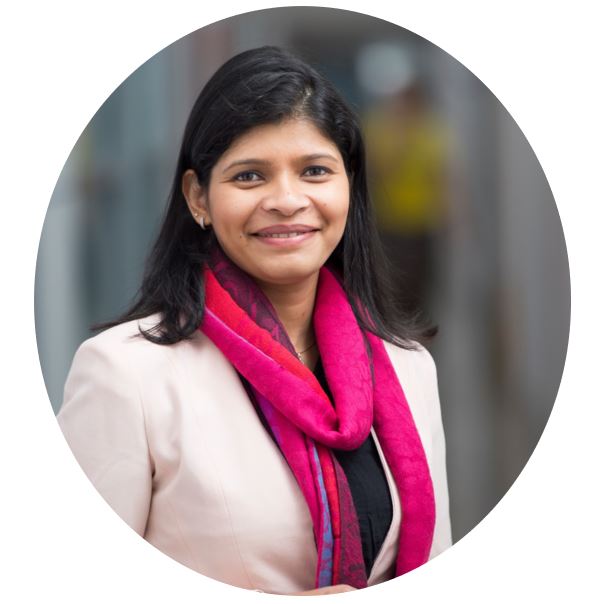The AMaRC Myeloma Correlatives Network (MCN) represents an international alliance of Correlative science research centres with extensive experience in a broad range of complimentary state-of-the-art laboratory analytical platforms including: genomics, transcriptomics, metabolomics, proteomics, immune profiling and disease monitoring.
The establishment of the MCN as an independent advisory committee will allow AMaRC to develop new myeloma trials incorporating these analytical platforms into our clinical trials to explore and better understand the nature of myeloma disease in parallel with the use of novel treatment combinations.
